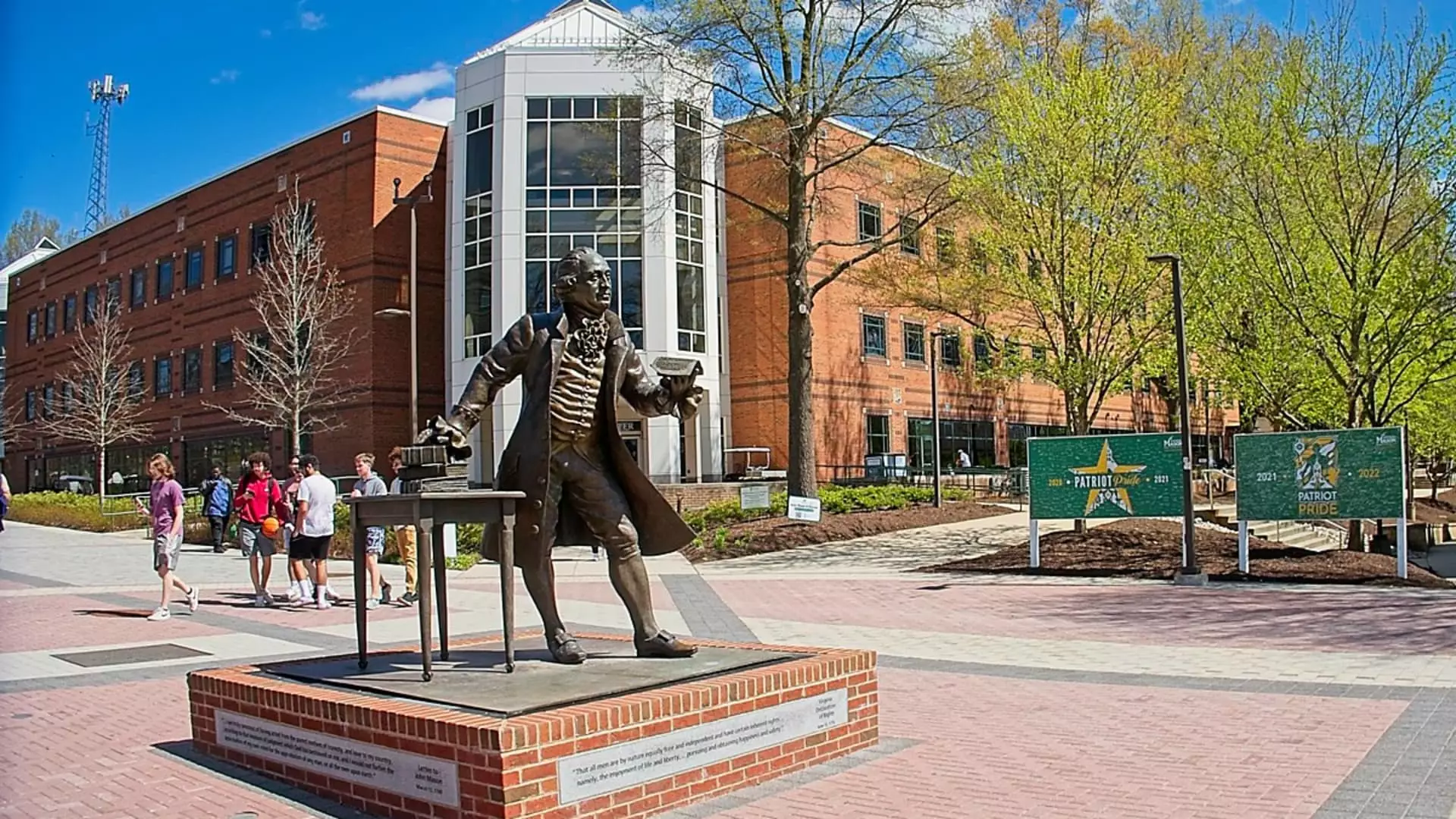In recent weeks, George Mason University has become a focal point in a broader national debate over race, meritocracy, and the role of diversity initiatives in higher education. The Department of Education’s investigation into GMU’s hiring and promotional practices underscores a contentious ideological divide that currently defines American universities. On one side, proponents argue that diversity and inclusion are essential to justice and progress; on the other, critics see these policies as potentially discriminatory, undermining fairness and academic excellence. This dispute reveals more than just administrative missteps; it exposes the fragility of shared values in academia and questions how institutions balance the pursuit of inclusiveness with the principles of merit and fairness.
Examining the Allegations: What Do They Mean for Academic Integrity?
The core accusations leveled at George Mason revolve around allegations of preferential treatment toward underrepresented groups, allegedly starting in 2020 under the leadership of President Gregory Washington. Critics claim that the university’s policies emphasize racial and diversity criteria at the expense of meritocratic standards—an accusation that fuels fears of reverse discrimination. The university’s own claims of compliance have been challenged, leaving the public to question whether the institution is genuinely committed to fairness or simply adjusting to a politically charged environment driven by federal oversight.
What’s particularly troubling about these allegations is their focus on institutional culture shifting from merit-based selection to diversity-driven decisions. If true, this could threaten public trust in higher education as a fair and open system for talent cultivation. Conversely, from a liberal centrist perspective, efforts to diversify faculty and staff should be problematised only if they compromise the fundamental principle that qualifications and ability are paramount. Any deviation from that core ideal risks undermining the quality of education and the credibility of the institutions tasked with shaping future leaders.
Government Intervention and Its Political Implications
The federal investigation, initiated by the Department of Education’s Office for Civil Rights, can be seen as part of a broader political push against diversity initiatives in academia. The current administration, influenced by conservative-leaning policies, appears intent on scrutinizing institutions that implement race-conscious hiring practices. This turn of events must be approached critically; while the government’s role in safeguarding civil rights is undeniable, the manner of its intervention raises questions about politicization and bias. Are these investigations genuinely aimed at protecting civil rights, or are they tools used to further a politically motivated agenda that seeks to roll back diversity efforts?
George Mason’s case is emblematic of this tension. The university is not traditionally viewed as a bastion of progressive activism, and its association with conservative donors and the naming of its law school after Justice Antonin Scalia adds layers of ideological complexity. The fact that the university responded by asserting its compliance and commitment to lawful practices indicates an attempt to navigate this storm carefully. However, the ongoing inquiries threaten to cast a shadow over its reputation, raising doubts about whether institutions can strike a fair balance amidst external political pressures.
Impacts on Academic Culture and Campus Climate
Beyond the legal and political concerns, this controversy could profoundly impact campus culture. The allegations of a “racially hostile environment” — especially targeted at Jewish students in a separate investigation — suggest that tensions surrounding diversity policies are spilling into everyday campus life. Such conflicts threaten to polarize students and faculty, potentially undermining efforts to foster genuine inclusion. If the campus becomes a battleground for ideological disputes, the university’s core mission—educating, enlightening, and preparing students—risks being overshadowed by divisiveness.
Furthermore, the reputation of GMU’s commitment to diversity is being challenged openly in the public sphere. When universities are scrutinized for allegedly prioritizing race over qualifications, it may discourage talented academics from underrepresented backgrounds, fearing their achievements could be devalued or overturned by political influences. That notion directly contradicts the ethos of fostering true inclusiveness in education: offering equal opportunity based on merit, not racial or ideological identity.
The Broader Consequences for Higher Education
This specific controversy at George Mason is just one piece of a larger mosaic — a nationwide rift over the future of higher education. Institutions rooted in progressive values and nurturing diverse ideas are now under attack, not because they have failed their students, but because their policies conflict with a conservative political agenda seeking to diminish the role of identity-based initiatives. Conversely, universities with more conservative funding sources or ideological leanings may view these investigations as necessary corrections, but from a liberal perspective, they threaten to weaken the foundations of fairness and equity that must underpin academic institutions.
The question we must ponder is whether these investigations serve genuine civil rights interests or whether they are veiled attempts to dismantle diversity policies under the guise of

